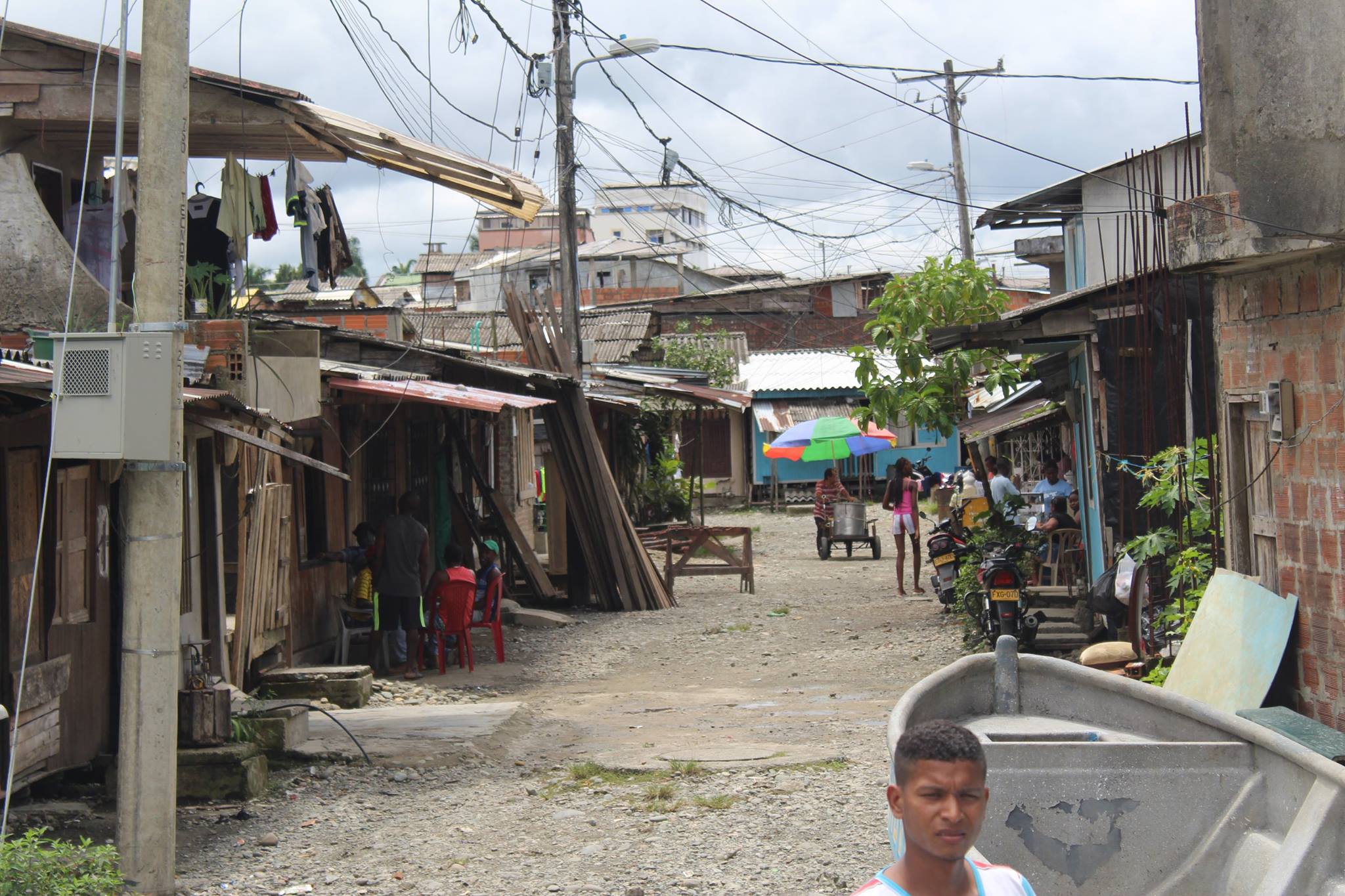Workers in Buenaventura, Colombia, who are waging an indefinite work stoppage to call attention to the lack of jobs, good wages and basic public services in their community, have brought port operations and local commerce to a halt.
As the country’s largest seaport, Buenaventura accounts for 60 percent of the country’s maritime trade and in 2014, generated $2 billion in tax revenue. Yet residents, more than 90 percent of whom are of African descent, live in grinding poverty. The vast majority of workers toil in the city’s informal economy, most in jobs that lack a minimum wage, workplace safety and other fundamental protections, in large part because their jobs are illegally subcontracted and so excluded from the country’s labor protections. (Follow the protest on Twitter at #SomosBuenaventura)
Buenaventura residents lack even the most basic services, including potable water, reliable electricity and functioning sewage systems. The city’s already weak health system worsened in 2014 when its only public hospital closed, and now the nearest hospital for the city’s 400,000 residents is a three-hour drive away, in Cali. Housing and the education system are also substandard. The lack of economic opportunity and investment in the city have fed an environment of violence as the country attempts to emerge from a 50-year armed civil war.
Workers who attempt to form unions to improve their wages and working conditions often are threatened and fired, and unions report receiving phoned death threats from men claiming to belong to paramilitary organizations.
The current work action arises from the community-building efforts of a coalition of unions and Afro-Colombian, indigenous and student groups. In 2014, the groups first mobilized for dignity and peace.
Protests in Buenaventura coincide with work stoppages and demonstrations across Colombia, in which at least half a million people , including oil workers and salt miners in Meta and Manuare, are protesting broken promises by the national government to alleviate rampant state neglect, poverty, violence and corruption.

